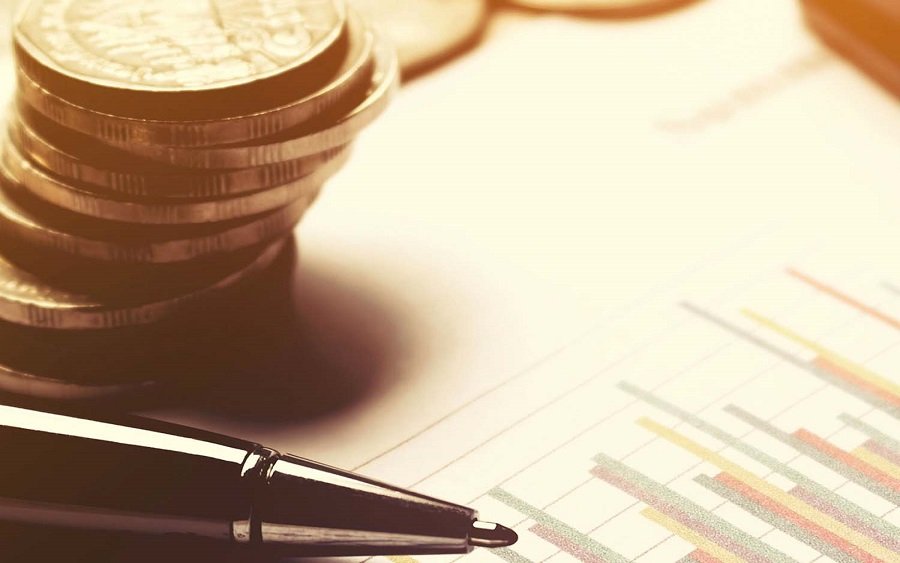Business
Investors Celebrate as Ghana’s T-Bill Rates Experience Major Decline

In a noteworthy turn of events, Ghana’s interest rates have reverted to a downward trajectory, following a two-week uptick.
This shift comes on the heels of a substantial decline in inflation, marking one of the most significant drops in recent memory.
November 2023 saw inflation take a remarkable plunge to 26.4%, paving the way for a corresponding reduction in interest rates across the yield curve.
Auction results from the Bank of Ghana reveal that the 91-day Treasury bill rate eased from 29.58% to 29.04%, while the 182-day bill decreased from 31.13% to 31.96%.
The most striking adjustment was observed in the one-year bill, which plummeted by 96 basis points to 32.49%. This unexpected decline is generating optimism among investors and analysts alike, who see this as a positive sign for the nation’s economic health.
Simultaneously, the government conducted a Treasury bill auction, securing approximately ¢4.726 billion—an impressive 18% oversubscription rate.
Ultimately, ¢4.723 billion of the total bids were accepted, reflecting a robust demand for government securities.
Among the various bills, the 91-day bill stood out as the most sought-after, with ¢3.150 billion in subscriptions, representing 66.6% of the total bids. All of these bids were accepted, underscoring the confidence investors have in short-term government instruments.
The 364-day bill also attracted substantial interest, with ¢794.44 million tendered and ¢791.75 million accepted. The 182-day bill witnessed a subscription of ¢782.05 million, aligning with the overall positive sentiment in the market.
As Ghana’s economic landscape experiences this positive shift, opportunities for investors are becoming increasingly apparent, creating a ripple effect across the financial sector.











![JUST IN: Bibiani-Ahwiaso MCE Dead After A Tragic Accident [VIDEO]](https://enewsghana.com/wp-content/uploads/2022/07/FotoJet-1-5-80x80.jpg)
!["I Am One Of The Black Stars" - Inaki Williams Says As he announces Nationality Switch [WATCH]](https://enewsghana.com/wp-content/uploads/2022/07/Imaki-80x80.jpg)